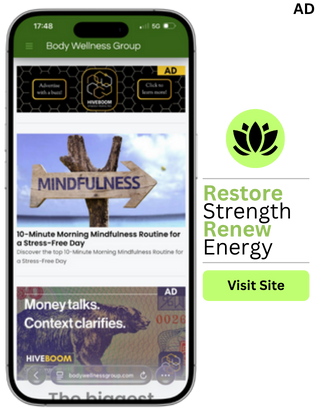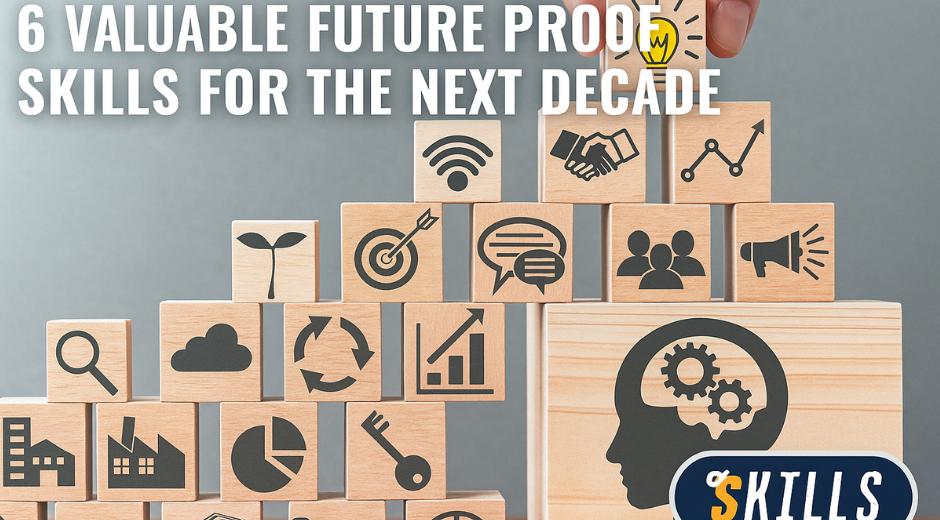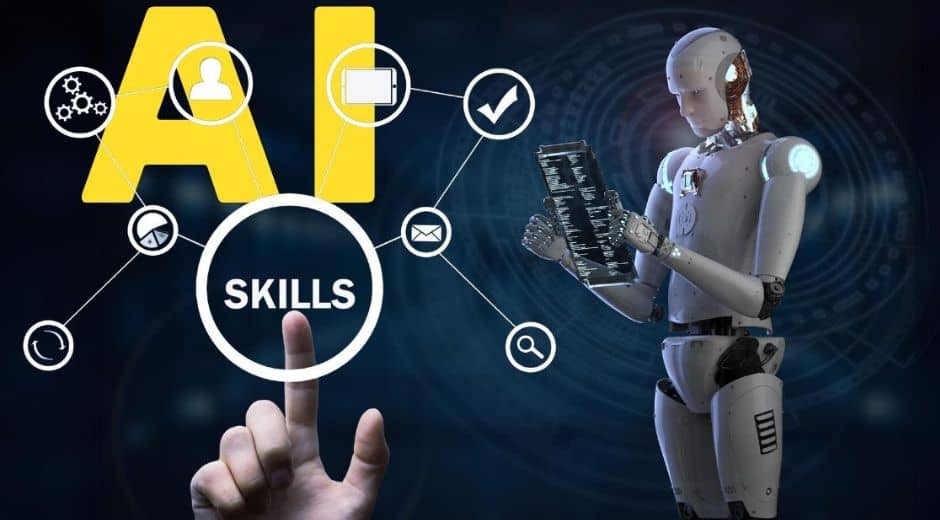10 Basic Coding Skills Every Beginner Should Learn First
10 Basic Coding Skills Every Beginner Should Learn First
Learning to code opens doors to creativity, problem-solving, and career opportunities in nearly every industry. The world runs on technology, and understanding how it works begins with mastering basic coding. Whether you dream of building websites, apps, or data tools, these ten essential skills will give you the foundation you need to start strong and grow confidently.
1. Understanding Programming Syntax
Every programming language has its own set of rules and structure, known as syntax. Think of it as grammar for computers. The first step in basic coding is learning how to read and write proper syntax without errors. Missing a semicolon or bracket can stop a program from running entirely, so attention to detail is key. Beginners often start with languages like Python or JavaScript, known for their clear and beginner-friendly syntax.
2. Mastering Variables and Data Types
Variables are the building blocks of any program. They store information that can be used, modified, and displayed. In basic coding, understanding data types such as strings, integers, and booleans helps you control how data behaves in your program. For instance, if you’re coding a calculator, you’ll use numeric data types, while creating a login system relies on text (strings).
3. Learning Conditional Statements
Conditional statements like “if,” “else,” and “elif” allow your program to make decisions. They tell the computer what to do when certain conditions are met. This concept is central to basic coding, teaching logic and flow control. For example, in an online store, a conditional statement might check if an item is in stock before allowing a user to add it to their cart.
4. Understanding Loops
Loops are a powerful way to repeat actions without rewriting code multiple times. In basic coding, you’ll encounter two main types: “for” loops and “while” loops. These help automate repetitive tasks, like displaying lists or calculating totals. Once you understand loops, you’ll see how much time they save and how they form the backbone of efficient programming.
5. Debugging and Problem Solving
Every coder makes mistakes — what matters is how you fix them. Debugging is the process of identifying and correcting errors in your code. As part of basic coding, beginners learn to read error messages, trace logic flow, and test code systematically. Developing patience and analytical thinking during debugging helps you build resilience and confidence as a programmer.
(For a deeper look at how debugging shapes great developers, explore freeCodeCamp, a trusted resource for programmers worldwide.)
6. Using Functions to Simplify Code
Functions let you group code into reusable blocks, keeping your projects organized and efficient. In basic coding, functions are vital for writing cleaner, scalable programs. For example, instead of rewriting a formula multiple times, you can call a single function to perform that task whenever needed. This skill is the foundation for building larger, more complex applications later on.
7. Practicing with Arrays and Lists
When you need to store multiple values in one place, arrays (or lists) are your go-to tools. They allow you to manage data efficiently — like storing multiple user names, scores, or prices. In basic coding, learning how to access, modify, and loop through arrays is a milestone moment. It teaches you how to handle data dynamically and strengthens your understanding of programming logic.
8. Understanding Input and Output
The interaction between user and program happens through input and output. Mastering this part of basic coding helps beginners create programs that respond to user actions. For instance, a simple quiz app might take input from a user and then display a personalized output. This concept is also crucial for web development, where data entry and feedback drive functionality.
9. Version Control and Collaboration
Even in basic coding, it’s important to understand version control systems like Git. These tools track changes to your code, allowing collaboration with others and preventing data loss. Learning Git and GitHub early helps you join real-world projects, share your code, and develop professional habits from the beginning. Version control is one of the most practical skills for anyone serious about programming.
10. Developing Logical Thinking
Beyond syntax and structure, coding is about problem-solving. Logical thinking helps you break big problems into smaller, manageable steps. Practicing logic exercises, flowcharts, and pseudocode enhances your ability to plan before you code. This mental skill is the foundation of basic coding, guiding every decision you make when designing, testing, and improving your projects.
Bonus Insight: Coding and Wellbeing
Just like building physical strength, coding strengthens your mental muscles. Focusing deeply on logical challenges sharpens concentration and patience. For insights on balancing cognitive focus with wellness, explore BodyWellnessGroup, where technology meets mindfulness for a balanced lifestyle that supports productivity and creativity.
Conclusion
Mastering these 10 basic coding skills gives you the foundation to build, create, and think like a programmer. From understanding syntax to applying logic, every step brings you closer to coding confidence. Remember, consistency beats speed — coding is learned through practice and patience.
If you’re ready to expand your digital skills, explore more tutorials and learning resources on StudySkillUp, where knowledge meets growth and every skill fuels your future.
Education Made Simple

Learning Skill Awareness For Smarter Study Choices
Learning Skill Awareness For Smarter Study Choices

Study Mental Clarity For Better Recall
Study Mental Clarity For Better Recall












